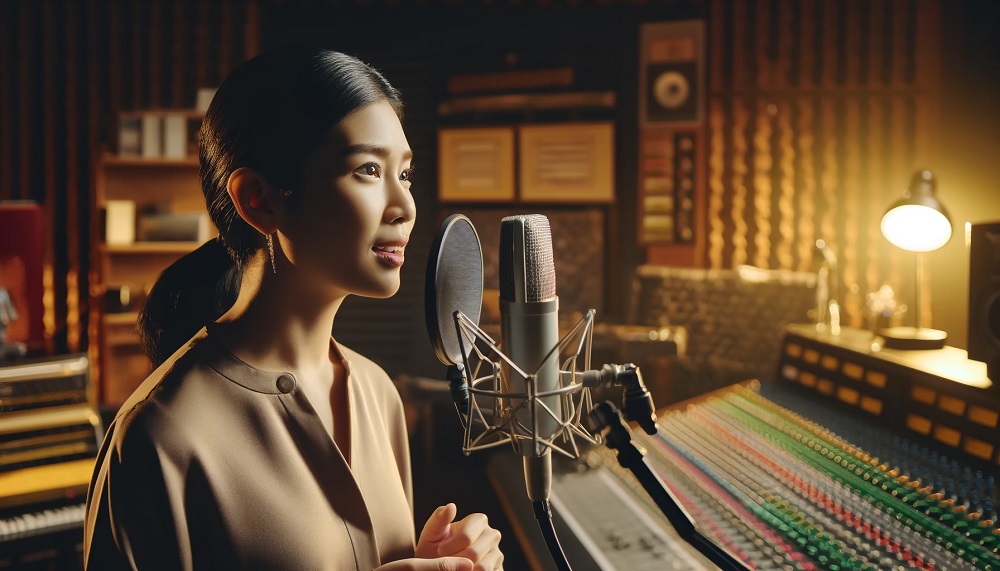
The recording studio is where creativity and technical skill meet to produce magic. For musicians, producers, and engineers, maximizing time in the studio is crucial to capturing the best possible sound. Here are some expert tips to ensure every minute spent in the recording studio is productive and efficient.
Prepare Before You Arrive
Preparation is critical to a successful studio session. By planning, you can focus on making music rather than troubleshooting.
Organize Your Gear and Tracks
Before heading to the studio:
- Ensure all your instruments, cables, and accessories are in working order.
- Bring extra strings, picks, and batteries.
- Organize your tracks and have your demos, lyrics, and sheet music ready. This preparation will save valuable time and keep the session running smoothly.
Rehearse Thoroughly
Rehearse your parts extensively before the recording session. The more familiar you are with your material, the less time you’ll spend correcting mistakes. Practicing with a metronome can also help you stay on beat and ensure tighter recordings.
Communicate with the Engineer
Clear communication with the recording engineer is vital. Before the session begins, discuss your goals, preferred sound, and any specific requirements.
Set Clear Objectives
Outline what you aim to achieve in the session. Whether recording a single track or an entire album, having clear objectives will help keep the session focused and on track.
Provide Reference Tracks
Share reference tracks that capture the sound and style you’re aiming for. This will help the engineer better understand your vision and set up the equipment accordingly.
Utilise Studio Time Efficiently
Once in the studio, it’s essential to use your time wisely. Here are some strategies to maximize productivity.
Prioritise Essential Tasks
Start with the most crucial tasks, such as laying down the primary vocals or instrumentals. Getting the core elements right early allows you to build the rest of the track more effectively.
Take Breaks Strategically
Taking short breaks can prevent fatigue and keep everyone fresh. Use breaks to review the recordings and make necessary adjustments. A well-timed break can enhance creativity and maintain a high level of performance throughout the session.
Foster a Creative Environment
The atmosphere in the studio can significantly impact the quality of your recordings. Creating a positive and inspiring environment can make a big difference.
Personalize the Space
Bring items that make you comfortable, such as a favorite chair, lighting, or snacks. Feeling at home in the studio can reduce stress and improve your performance.
Encourage Collaboration
Encourage open communication and collaboration among all team members. Sometimes, the best ideas come from unexpected sources, and a collaborative environment can lead to innovative and exciting results.
Final Touches and Post-Production
Once the recording session is complete, there are still steps to ensure the final product meets your standards.
Review and Edit
Listen to the recordings carefully and make notes on any changes needed. Be meticulous in your review process to ensure everything is noticed.
Plan for Mixing and Mastering
Mixing and mastering are crucial steps in the recording process. Schedule time with a professional to handle these tasks, as they can significantly enhance the final sound quality.
Conclusion
Maximizing your time in the recording studio requires careful planning, clear communication, and efficient resource use. By following these tips from industry professionals, you can ensure that your studio sessions are productive and yield the best possible results. Whether in a recording studio in London or elsewhere, these strategies will help you maximize your time and creativity.



